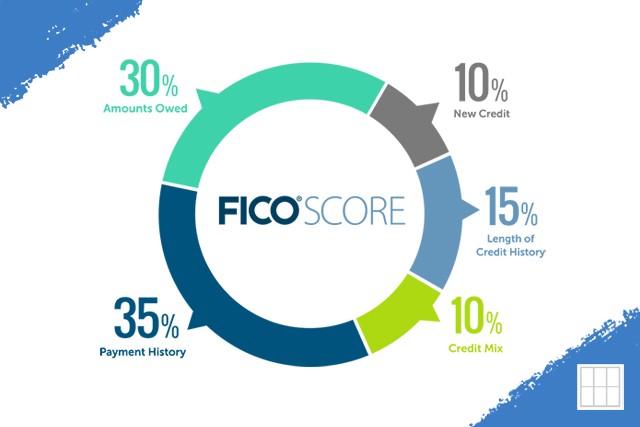When buying a home in Kansas City, understanding the impact of your credit score on…

Understanding Your Credit Report: A Guide for Homebuyers
What is a Credit Report?
A credit report is a detailed record of your credit history, compiled by credit bureaus like Experian, Equifax, and TransUnion. It includes information about your credit accounts, payment history, and public records such as bankruptcies and foreclosures. Lenders use this report to assess your creditworthiness when you apply for loans, including mortgages.
Navigating the world of credit reports can be daunting, especially for homebuyers. Your credit report is a critical component of your financial profile and significantly impacts your ability to secure a mortgage. This guide will help you understand the essentials of credit reports, how they affect your mortgage application, and tips to improve your credit score.
Key Components of Your Credit Report
Here are some key components to understand your credit report better:
- Personal Information: This section includes your name, Social Security number, date of birth, and address history.
- Credit Accounts: Details of your credit cards, loans, and other credit lines, including the credit limit, account balance, and payment history.
- Credit Inquiries: A record of who has requested your credit report and when. Inquiries are classified as either hard or soft.
- Public Records: Information on bankruptcies, tax liens, and civil judgments.
- Collections: Accounts sent to collection agencies due to non-payment.
How Your Credit Affects Your Eligibility
Your credit report plays a crucial role in understanding your eligibility for a mortgage and the interest rate you’ll receive. Lenders look for a history of on-time payments and responsible credit use. Key factors they consider include:
- Credit Score: A numerical representation of your creditworthiness. Higher scores typically lead to better mortgage terms.
- Debt-to-Income Ratio: The percentage of your monthly income that goes toward debt payments. A lower ratio is preferable.
- Credit History Length: Longer credit histories are generally more favorable.
- Recent Credit Activity: Numerous recent credit inquiries can be a red flag for lenders.
Tips to Improve Your Credit
- Pay Bills on Time: Consistently making on-time payments is one of the most important factors in maintaining a good credit score.
- Reduce Debt: Keep your credit card balances low relative to your credit limits.
- Check for Errors: Regularly review your credit report for inaccuracies and dispute any errors.
- Avoid New Debt: Limit new credit applications before applying for a mortgage.
- Maintain Old Accounts: Keeping older accounts open can help lengthen your credit history.
How to Obtain Your Credit Report
You are entitled to a free credit report from each of the three major credit bureaus once a year through AnnualCreditReport.com. Reviewing and understanding your credit report annually can help you stay on top of your financial health and address any issues before they affect your mortgage application.
Conclusion
Understanding your credit report is essential for homebuyers. By maintaining a healthy credit profile, you can improve your chances of securing a mortgage with favorable terms. Remember, it’s never too late to start building better credit habits. If you need personalized advice or assistance with your mortgage application, Metropolitan Mortgage is here to help. Contact us today at (913) 642-8300 or schedule a meeting through our link.



